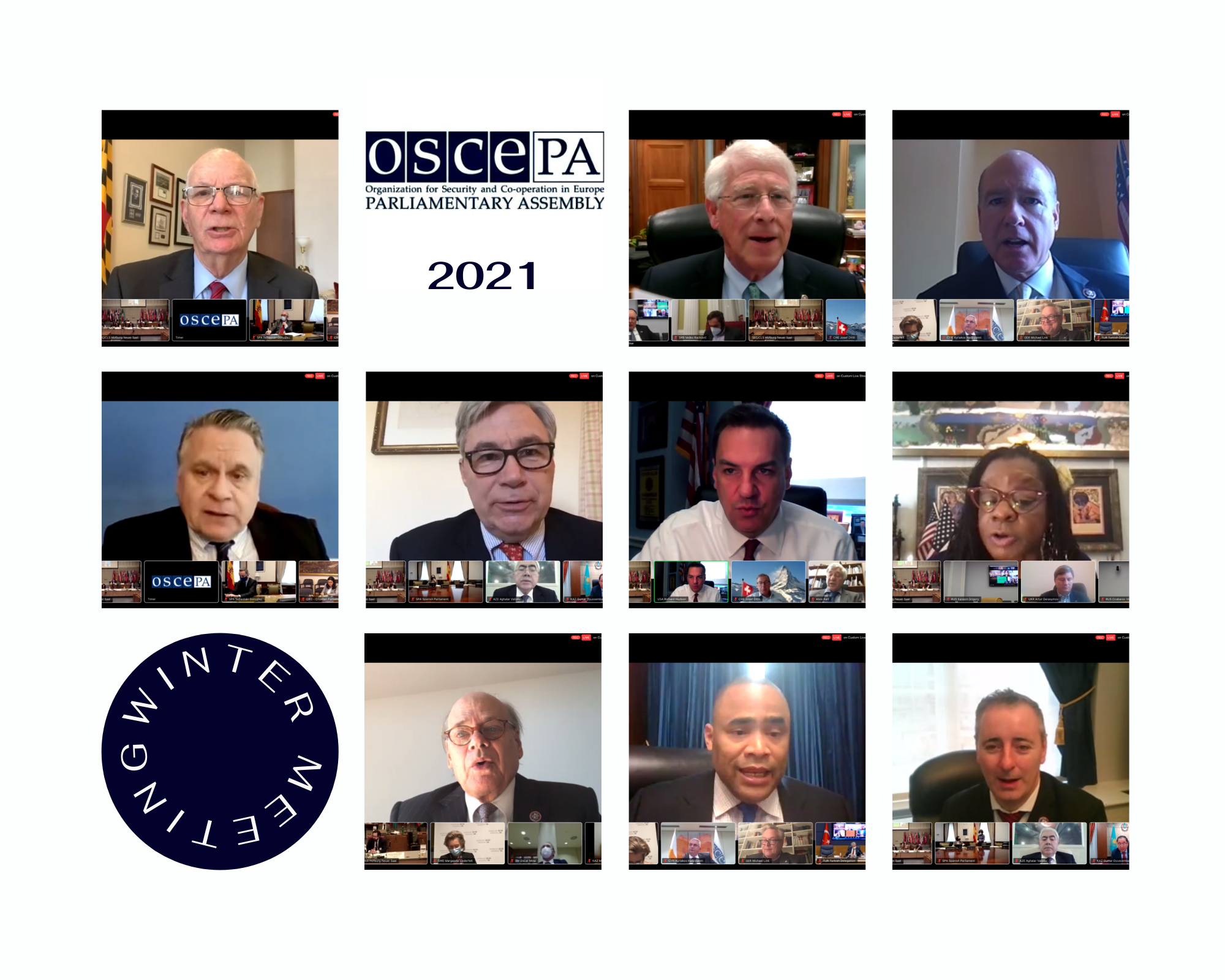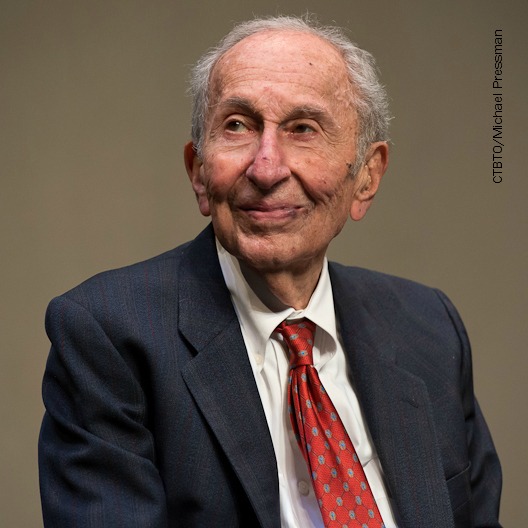Confidence and Security Building Measures

Supporting A Democratic and Secure Moldova
Jul 12, 2023In recent years, Moldova has made notable steps to improve its democratic institutions and combat corruption. President Maia Sandu and her Party of Action and Solidarity (PAS) have spearheaded wide-ranging […]
Hearing: Supporting a Democratic and Secure Moldova
Jul 06, 2023Wednesday, July 12, 2023 2:00 pm Cannon House Office Building, Room 210 Live stream: https://www.youtube.com/watch?v=jm-R6rfQbCo In recent years, Moldova has enacted numerous reforms under current Moldovan President Maia Sandu to […]
Helsinki Commission Announces Hearing on Crowdsourci...
Dec 07, 2022WATCH LIVE […]
Helsinki Commission Alarmed By Reported Transport of...
Sep 02, 2022WASHINGTON—Following reports that the Sparta II, a Russian cargo ship, transported S-300 missile systems through the Turkish Straits, Helsinki Commission Chairman Sen. Ben Cardin (MD), Co-Chairman Rep. Steve Cohen (TN-09), Ranking […]
Helsinki Commission Delegation Convenes Historic Bla...
Jul 14, 2022WASHINGTON—From June 29 – July 9, Helsinki Commission Ranking Member Sen. Roger Wicker (MS) led a bipartisan, bicameral congressional delegation to Romania, the United Kingdom, Finland, and Sweden to consult […]
Helsinki Commission Regrets Closure of OSCE Observer...
Oct 01, 2021WASHINGTON—In light of yesterday’s termination of the activities of the OSCE Observer Mission at the Russian Checkpoints Gukovo and Donetsk on the Russian-Ukrainian border, Helsinki Commission Chairman Sen. Ben Cardin […]
Cardin and Wicker Discuss July 2021 Congressional De...
Jul 21, 2021Mr. CARDIN. Madam President, I take this time to talk about the work of the U.S. Helsinki Commission in a recent opportunity we had to participate in the OSCE Parliamentary […]

Helsinki Commission Commemorates 45 Years of Advanci...
Jun 03, 2021WASHINGTON—To commemorate the 45th anniversary of the Commission on Security and Cooperation in Europe, also known as the U.S. Helsinki Commission, on June 3, Chairman Sen. Ben Cardin (MD) and […]

Ten-Member Congressional Delegation Demonstrates Ong...
Mar 05, 2021By Bob Hand, Senior Policy Advisor Approximately 270 parliamentarians from across the OSCE region gathered virtually from February 24 – 26 for the OSCE Parliamentary Assembly’s Winter Meeting, the first […]

Ambassador Max Kampelman’s Contributions to the Hels...
Jan 25, 2021By Emma Derr, Max Kampelman Fellow The Helsinki Commission’s flagship fellowship program recognizes former U.S. Ambassador Max Kampelman, who spent his life working toward comprehensive security at home and across […]

Chairman Hastings on Reports of Russian Withdrawal f...
Jan 15, 2021WASHINGTON—Following the announcement by the Russian Foreign Ministry that Moscow intends to begin domestic procedures to withdraw from the Treaty on Open Skies, Helsinki Commission Chairman Rep. Alcee L. Hastings […]
OSCE Ministerial Council Appoints Top Leaders, Adopt...
Dec 21, 2020By Shannon Simrell, Representative of the Helsinki Commission to the U.S. Mission to the OSCE Foreign ministers of the 57 OSCE participating States convened on December 3 – 4, 2020, […]
